A good Bard knows good music, but a great Bard knows their spell list. While Bardic Inspiration is a Bard’s claim to fame in DnD 5E, many discount their extremely complex and potent spell list.
The Bard spell list is perhaps the most unique among casters, combining a series of devastating debuffs with easy access to several powerful enchantment spells. Where it lacks in firepower, it more than makes up for with problem-solving spells and unique buffs.
Since Bards learn their spells rather than prepare them, however, it is important that you choose the correct ones that cover multiple different situations.
We are building this list with the assumption that you will be playing a Bard that wants to support their party, rather than a melee damage dealer or a more unique style of build.
Best Bard Cantrips
Prestidigitation
Prestidigitation is one of those spells that is supposed to be quite weak and is well-designed to be. A few tiny effects amount to lighting a torch, causing some sparks, or cleaning some goods. Nothing overpowered.
Prestidigitation is, however, extremely handy for a class like the Bard with a mere four cantrips to learn. Mainly because it is multifaceted. Being able to cause very small illusions, lighting a torch, or even cleaning food or clothing are all almost cantrips by themselves. Doing all of that is a lot of heavy lifting for a class whose cantrip pool really needs it.
Vicious Mockery
The Bard’s bread-and-butter isn’t all that powerful in theory, but in the early game, this is a lifesaver. Vicious Mockery tickles your opponent for d4s based on your level and then gives disadvantage to an attack roll. As a support caster, the ability to consistently deal damage while simultaneously slowing your foes is something that can’t be ignored.
The Bard doesn’t get many good, high-damage cantrips—outside of Thunderclap—so use the one that makes your foes hit less hard.
But it is far from the damage that a crossbow can do. Like a good insult, use it in moderation.
Best 1st-Level Bard spells
Healing Word
No matter what type of Bard you are, do yourself a favor and grab Healing Word. The ability to heal party members from a distance and as a bonus action is far too potent to leave on the table, though usually only when that somebody is unconscious.
You’re spending a bonus action to potentially give someone their full turn back. Even a damage-focused Bard should really have this in their repertoire.
Silvery Barbs
Bards get a handful of okay reactions, but having one for a 1st-level spell isn’t a bad idea. Silvery Barbs lets you reroll a d20 as a reaction. Not give disadvantage or advantage, just a reroll. On attack rolls and saving throws. And then you can give someone else advantage for their next attack roll, ability check or saving throw.
That’s so much advantage. The Ogre Barbarian who just crit your Fighter with advantage? Reroll that. And the Paladin gets advantage on their follow-up smite. One of the best ways to spend low-level spell slots in the game, let alone on the Bard list.
Tasha’s Hideous Laughter

If you’re looking for a 1st-level spell that takes on Sleep’s role in a roster, Tasha’s Hideous Laughter is certainly it. Targeting any creature and asking them to make a Will save or not play the game is horrifying at level three with Hold Person. The Bard—and Wizard, the showboats—can make that same terrible situation happen at level one.
Best 2nd-Level Bard spells
Blindness/Deafness
Blind is one of the strongest conditions in the game, so this spell is great value immediately. Its only real hurdle is its Constitution saving throw, which can be mitigated through Silvery Barbs or targeting casters. Hard to cast a spell without sight, after all.
Suggestion
Bards have some unique problem-solving abilities, and few match the potency of a failed save on Suggestion. Out of combat, even in combat, Suggestion provides great opportunities for the Bard and their party. But be careful not to damage the target or do anything that might be considered harmful, or this spell’s flying right off.
Best 3rd-Level Bard spells
Clairvoyance
Information is key. The ability to cast Clairvoyance can be very important to a growing Bard, who otherwise has such limited spells known that it can be difficult to find. If you have no Wizard or other information-gathering class, this spell alone can replace your party’s scout.
Enemies Abound
Enemies Abound isn’t a unique spell to Bards, but it is quite effective for them. By targeting Intelligence, which is perhaps the least used saving throw in the entire game, you can force an enemy to start rolling randomly for targets. Disintegrate suddenly doesn’t seem too bad if the Lich is rolling a 25 percent chance to hit your party.
Using this on support casters, like healers or paladins, further makes this spell very unique and really fun.
Hypnotic Pattern
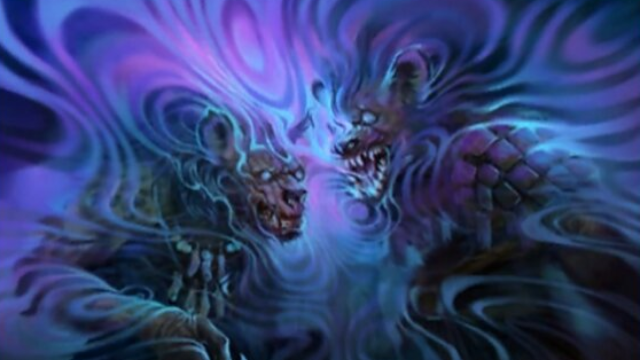
Bards don’t often have options to deal with multiple enemies at the same time. Well, now you can deal with them for a full minute. Hypnotic Pattern is an area-of-effect spell that forces multiple creatures to become fully incapacitated. It requires an action to shake them out of their stupor, so if you manage to grab most of a fight, enemies don’t exactly have much time to shake their allies free before your party can dog-pile them.
Best 4th-Level Bard spells
Dimension Door
Teleporting is strong. If you get grappled or swallowed or stuck in a bad spot, being able to leave that dreadful position is essential. Unfortunately, Misty Step escaped the Bard spell list, leaving us with Dimension Door. Far from a terrible thing to have. Probably even required.
Greater Invisibility
The Bard spell list is small, so when you get spells, you want spells that force out answers or completely ruin your opponent’s day. Greater Invisibility is a spell that requires your opponent to solve the riddle.
Invisibility is powerful, and every class with attack rolls can make use of it. Invisibility that lasts after the first attack goes from powerful to overwhelming. So your enemy must either have the out already or have to spend an action giving themselves anti-invisibility. Both of these options are net positives for you and your party.
Polymorph
Turning a big bad Druid into a little chicken might sound tempting. And that’s because it is. Polymorph is an extremely effective crowd control option available to the Bard, dealing with major threats in a way that doesn’t deal damage or cause standard condition immunities to be effective.
Best 5th-Level Bard spells
Hold Monster
Where Hold Person is a great spell that relies a bit too much on being in the right campaign, Hold Monster forces your opponents into a position where they must succeed at a saving throw or probably explode in the next turn. As long as your party has literally any offensive potential, this is a must-have.
Synaptic Static
The Bard has very few options for dealing damage. Synaptic Static allows the Bard to hit hard while also providing an extremely potent debuff: minus d6 to attack rolls, saving throws, and concentration checks. On a class that is otherwise not very aggressive, having a slightly underscaled Fireball that also debuffs a room—while targeting Intelligence—is hard to ignore.
Best 6th-Level Bard spell
Mass Suggestion

Eloquence Bards can utilize this spell with frightening consistency. The potential for a Bard to cast a single 6th-level spell and potentially end an entire fight is something that cannot be ignored. In fact, just the opportunities that this spell brings make it a fine option to be your only 6th-level option.
Best 7th-Level Bard spell
Force Cage
While I desperately want to put Mirage Arcane in this slot, Forcecage is both better defined and significantly more useful in a fighting-based campaign. This spell is a no-save option that locks multiple enemies—or your party—out of a fight.
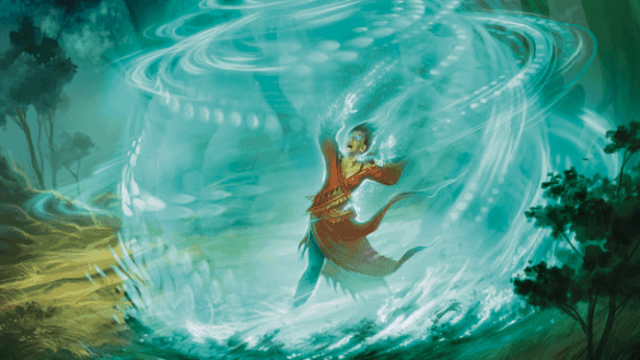
Throw this down over the horde and watch them kick at it while your party relaxes with smoothies and takes a full short rest.
Best 8th-Level Bard spell
Dominate Monster
Dominate Monster is an obvious choice for the Bard. If you cast it at the right time, you can put a creature into a situation where they have to save or become your animal companion. Alternatively, out of combat, an hour is plenty long enough for them to write a pardon, sign a form, or do whatever you need them to do. And, as long as someone in your party knows Teleport, they might not be able to take any revenge on you.
Keeping an enemy in combat like this is risky, however, so it can be tempting to target a ranged-based character that won’t be taking damage too often. Alternatively, using this to control any major caster—who isn’t immune to charmed—is a great use of an action, potentially boosting your damage by a lot.
Best 9th-Level Bard spell
True Polymorph

While Foresight provides a strong buff that is great to keep on a Paladin or other damage dealer, True Polymorph takes the lessons we learned from Prestidigitation and applies it to your once-per-day 9th-level spell slot. The ability to morph a T-Rex into a goat, a gold coin into a Mammoth, or a Lich into a chair.
Even better, it has the chance to become permanent. That gold coin mammoth could become your best friend for life, as long as you treat it well. For how limited your spell slots are, the utility of True Polymorph is great.
Honorable mentions
Below are some options that didn’t quite make the list, usually because they’re too situational for a Bard to take normally. But, depending on your campaign, these spells can devastate encounters.
- Sleep is a great spell to get before level four, and something to always consider. An average of 24 HP isn’t low, and it’s a no-save status.
- Aid can provide a small overshield and, if used in combat, can allow for a single action to pick multiple combatants off of the ground simultaneously.
- Hold Person is busted early on, providing a 2nd-level option to prevent your opponent from moving. But it is very campaign-specific, similar to Heat Metal.
- See Invisibility is sometimes your only solution to invisible monsters. Depending on your campaign, your party might need someone who knows this spell permanently.
- Dispel Magic is someone’s job. If you’re the best caster for it, then saving your 3rd-level slots to negate magic is far from useless.
- Leomund’s Tiny Hut can provide a place of rest as well as a place where you have a strict advantage in combat.
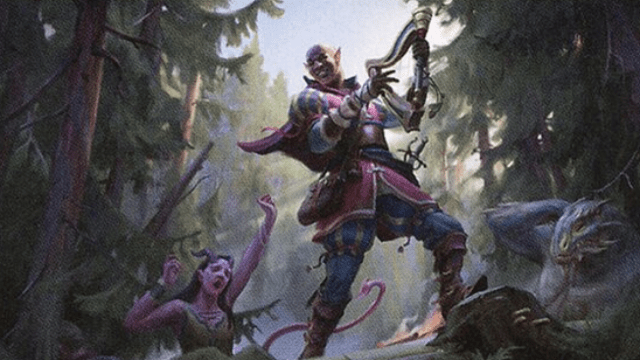
- Motivational Speech from Acquisitions Incorporated can replace Inspiring Leader, one of our favorite feats, in the right situations.
- Tongues is a great utility spell for late-game, where language barriers will become more daunting.
- Greater Restoration is a spell that a dedicated healer requires. Removing devastating status conditions is usually not the Bard’s job. But, if you’re the healer of the party, then it suddenly becomes extremely important.
- Skill Empowerment is usually not necessary, thanks to Bardic Inspiration. But, for campaigns with lower fighting and higher social deduction, getting up to a plus-six to your skill check can be very, very handy.
- Etherealness is both a great scouting option and a great escape plan.
- Foresight is likely a better use of your level nine spell slots if you have someone who benefits hugely from permanent attack advantage, like a Paladin or Barbarian.



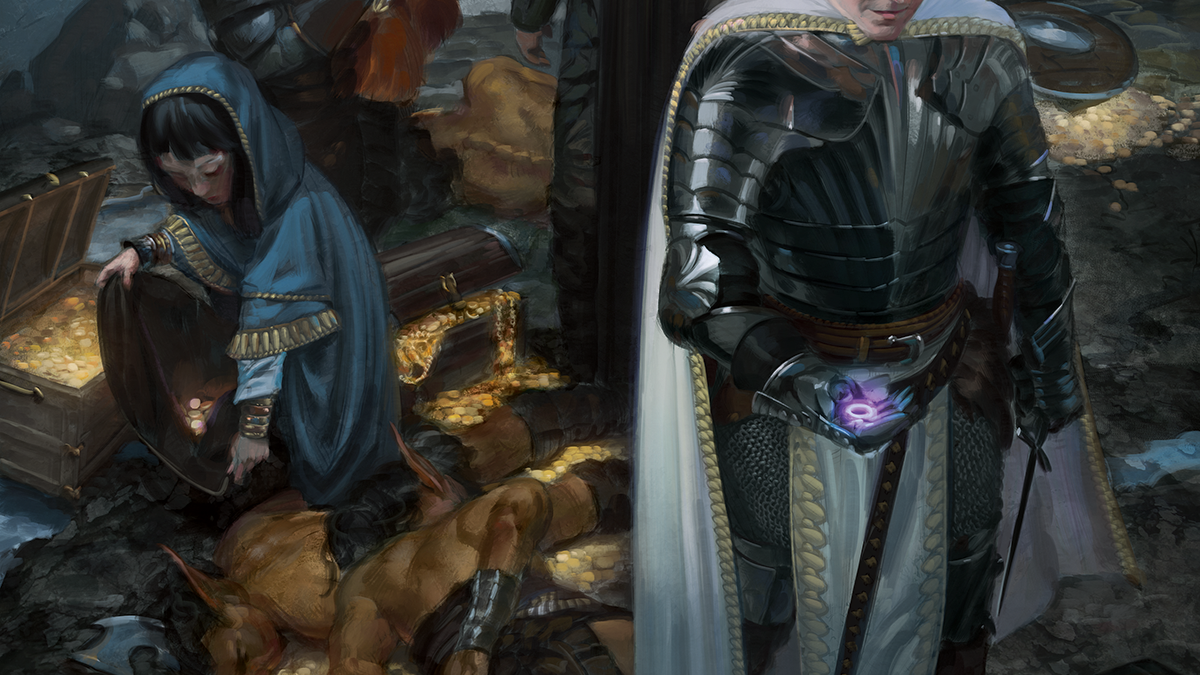

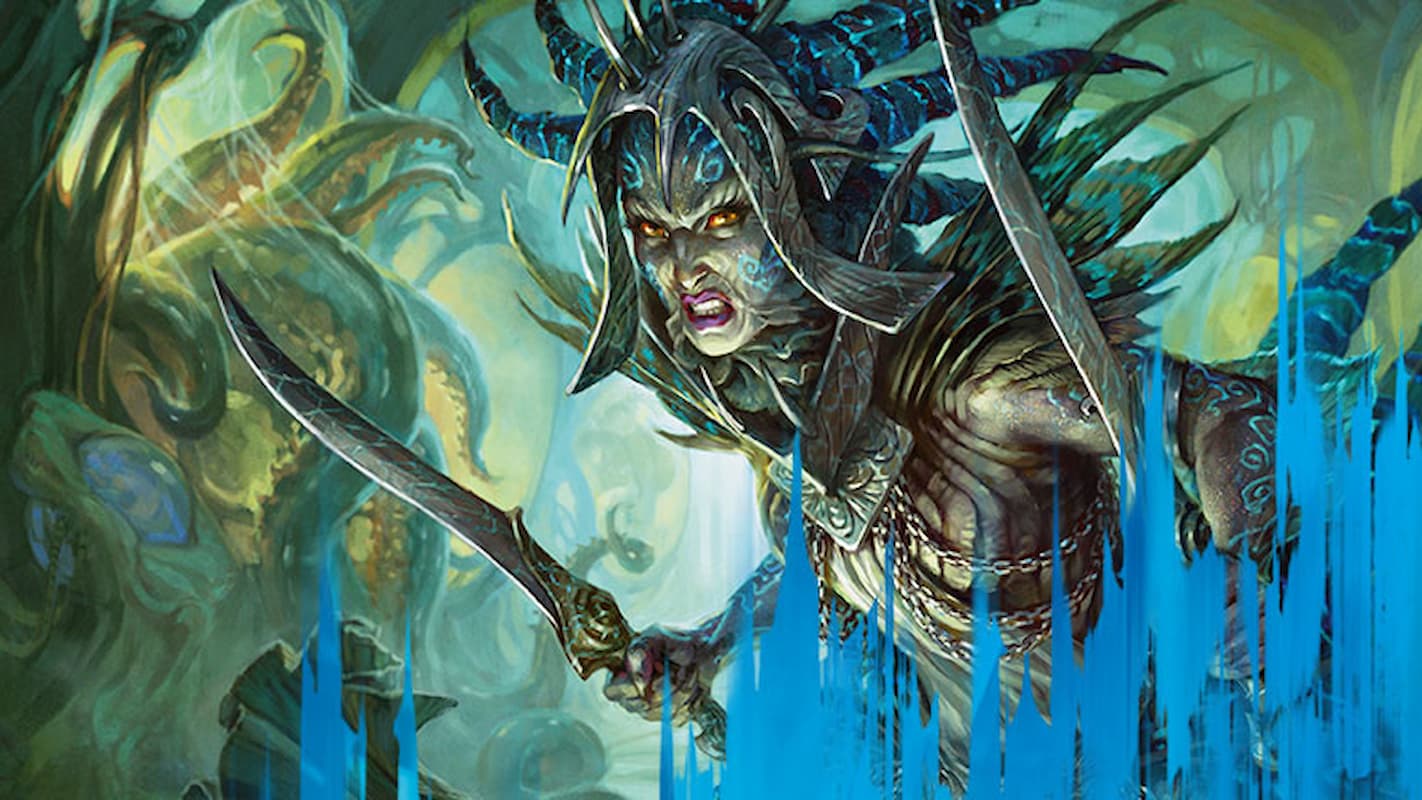
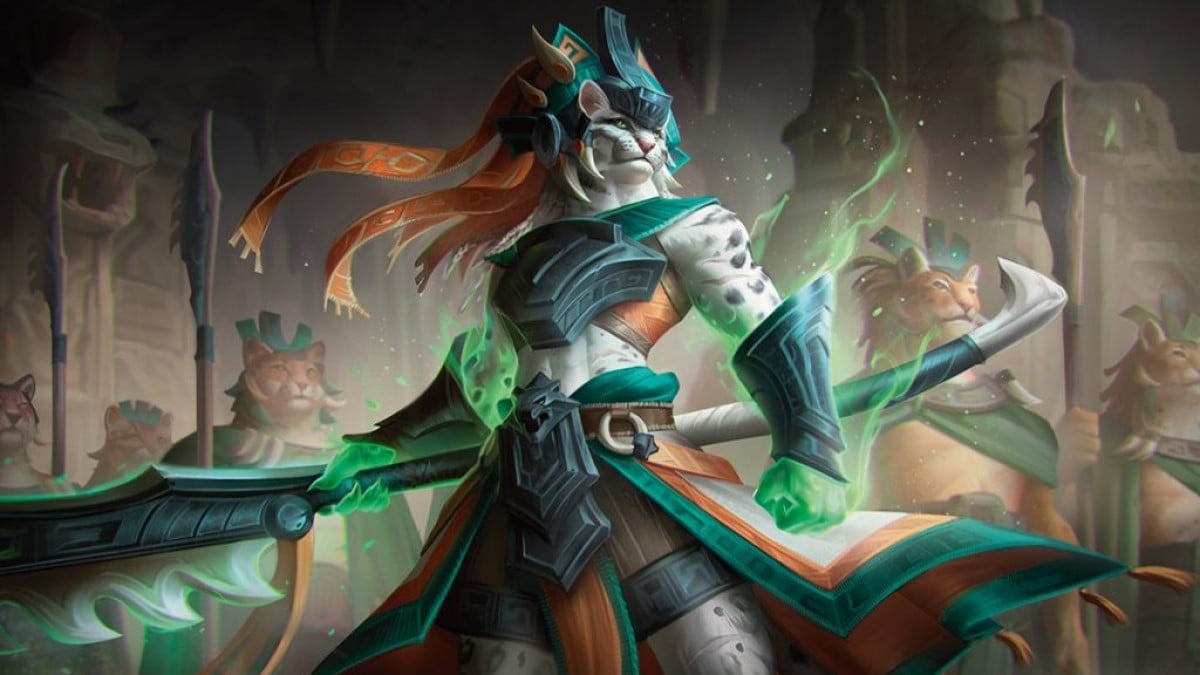
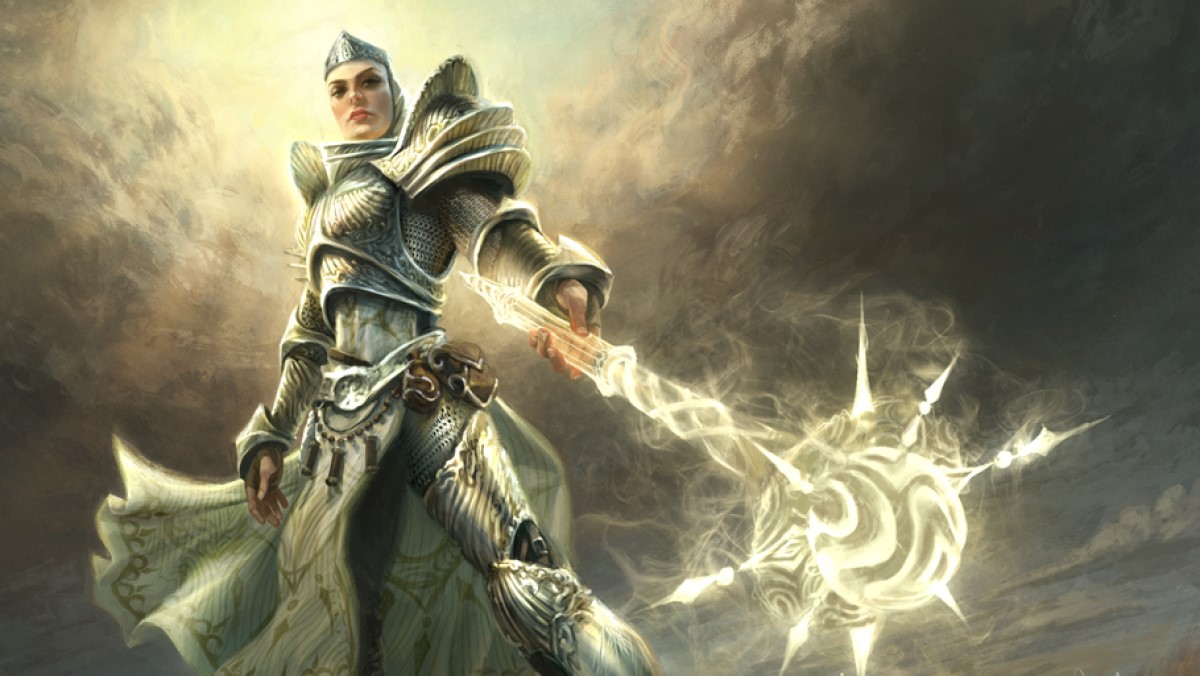

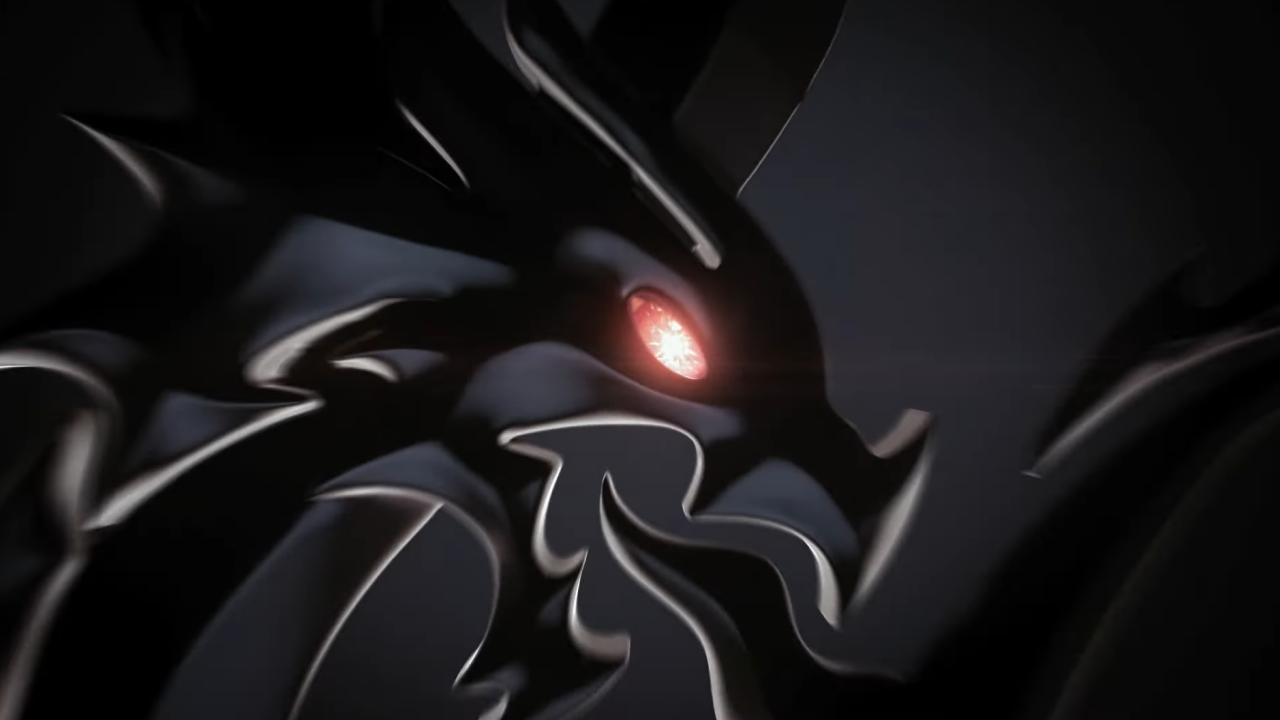
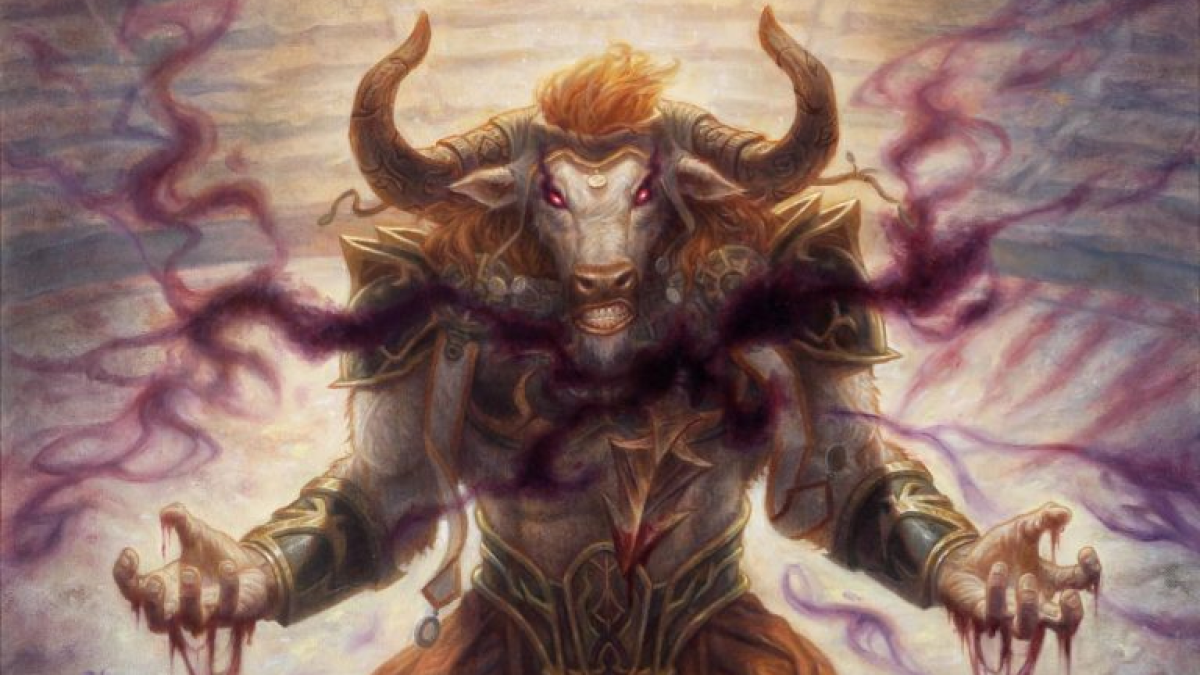

Published: Sep 19, 2023 04:54 am